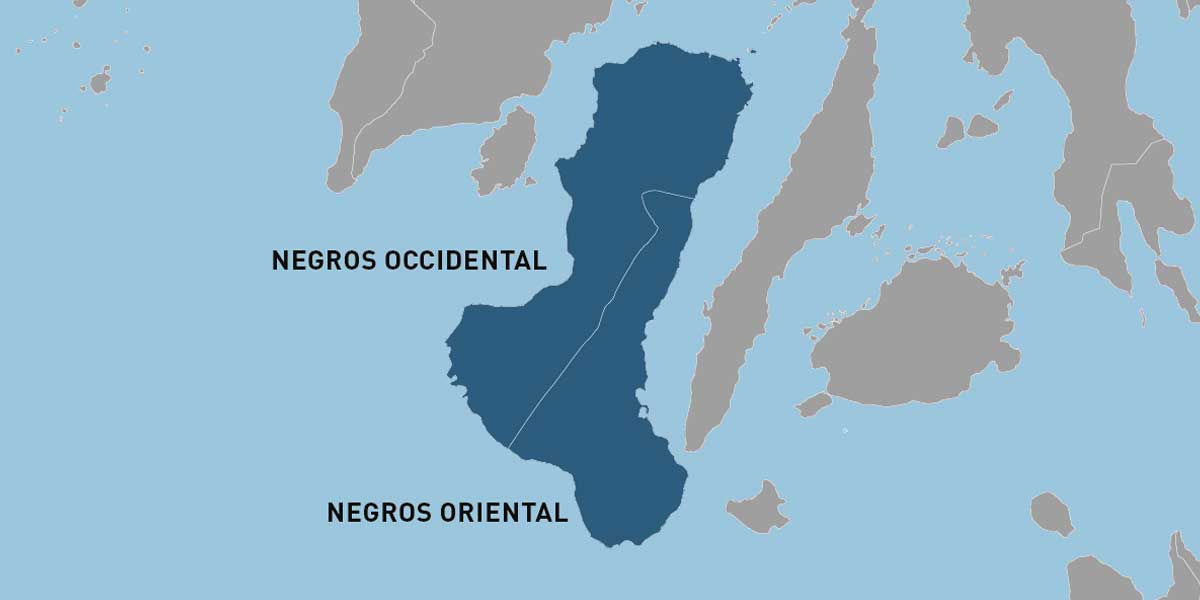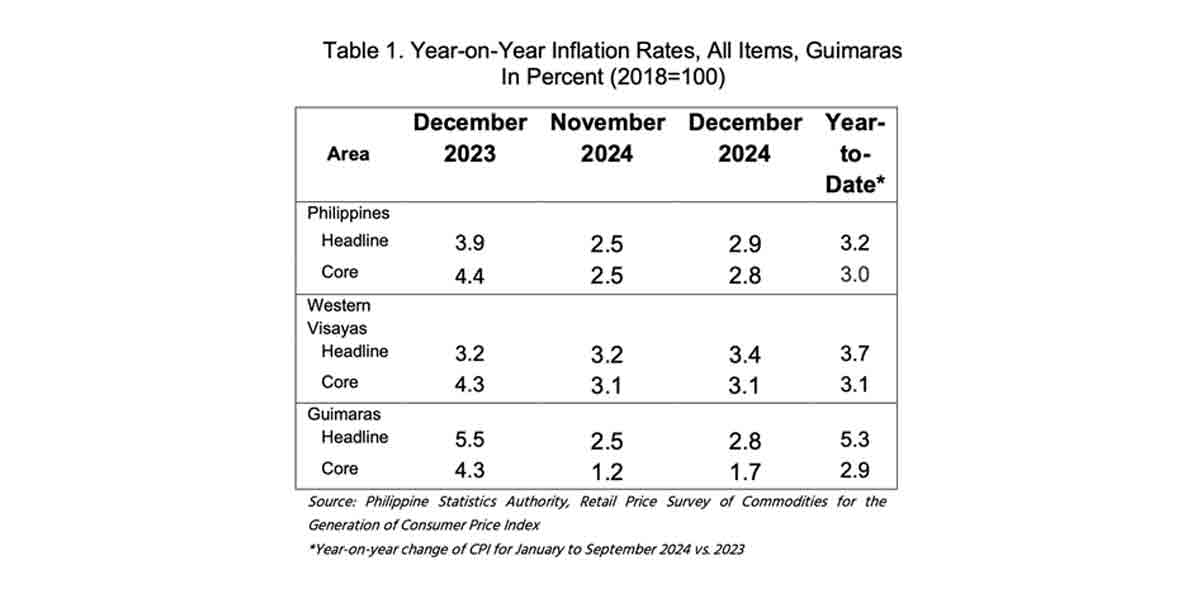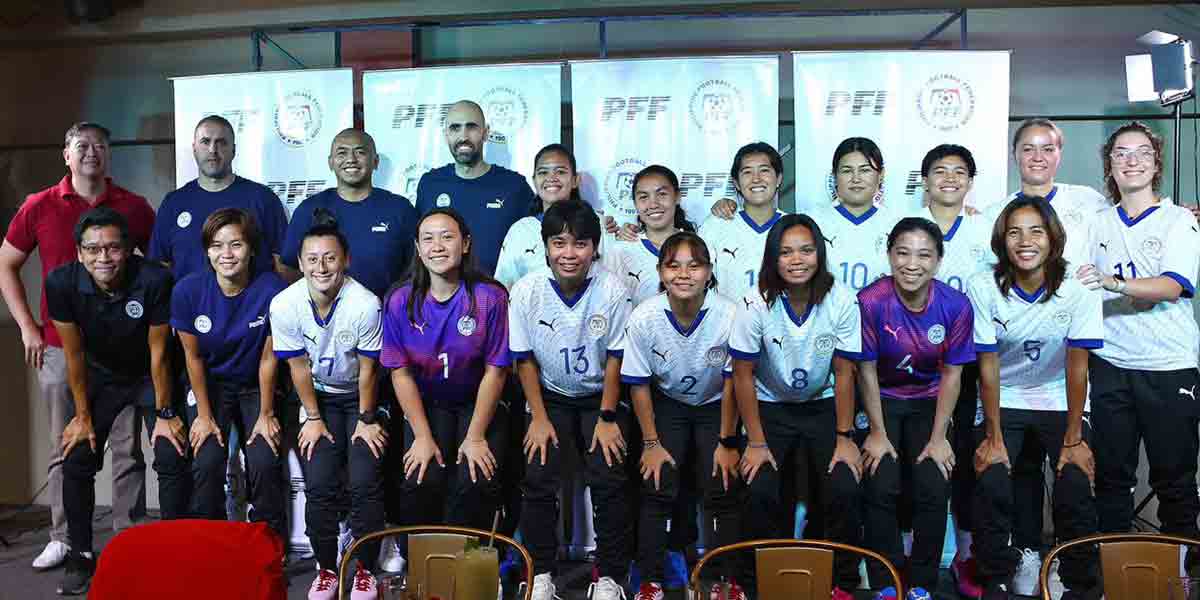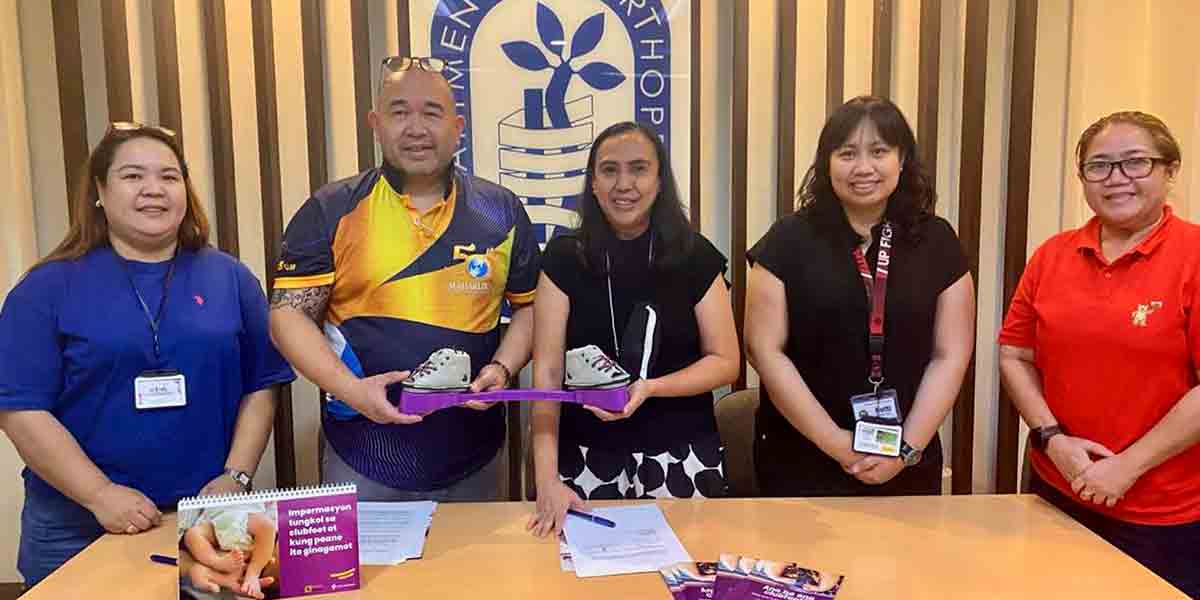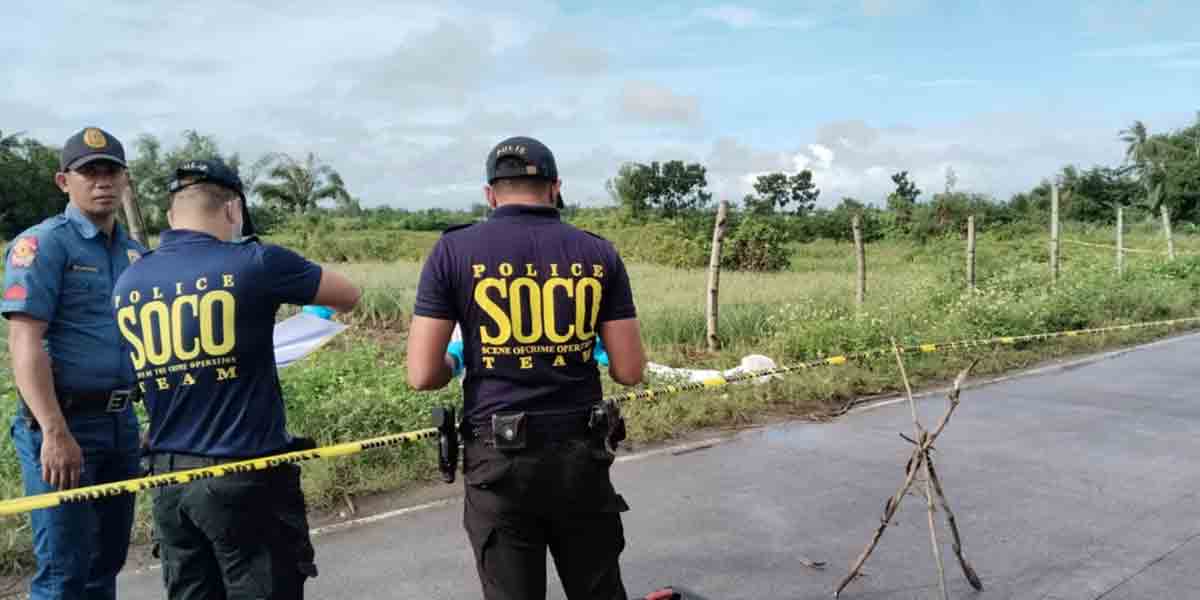By Rjay Zuriaga Castor
Iloilo Governor Arthur Defensor Jr. emphasized that fostering civil society development is a viable solution to ending insurgency and ensuring stability in the region.
“We want to bring government services to the grassroots level to improve their lives. Our solution really is development,” he said following the deaths of several rebels leaders in Lambunao earlier this August.
Defensor highlighted that the provincial government’s approach to insurgency aligns with its efforts to support the families of rebels.
He added that rebels are welcome to visit his office to voice their concerns.
“We need to help them so it will be easier for us to bring them back to us,” he added.
The governor also noted that there are various ways to reintegrate former rebels into government programs, and the provincial government is exploring innovative methods to encourage them to abandon the armed struggle.
“In the province, we have a local peace engagement council that we want to activate. There is a methodology that we follow in our program,” he added.
Defensor expressed concern over the ongoing armed conflict in the region, describing it as a “very unfortunate reality,” given the encounters between Filipino citizens and government troops, which have resulted in casualties.
He highlighted that local peace engagement efforts center on the Enhanced Comprehensive Local Integration Program of the Task Force to End Local Communist Armed Conflict.
“We are working together with stakeholders, including the Armed Forces of the Philippines, the police, and other law enforcement agencies,” he said.
The provincial government recently requested the reversion of funds initially allocated under its Support to Barangay Development Program (SBDP).
This request follows a clarification that SBDP funds received by local government units should be treated and recorded as trust funds.
In 2021, the provincial government received P720 million for the implementation of 165 projects under the SBDP.
However, due to unspent allocations, a total of P196.9 million in undisbursed funds were returned to the Bureau of the Treasury.
The SBDP is the government’s program to assist in the development and delivery of basic services in conflict-affected areas that lagged due to the previous influence of rebels.
The projects under SBDP include the construction of farm-to-market roads, health stations, school buildings, water and sanitation systems, rural electrification, and social services such as agricultural and livelihood training, projects, and immediate cash assistance to individuals and families.




